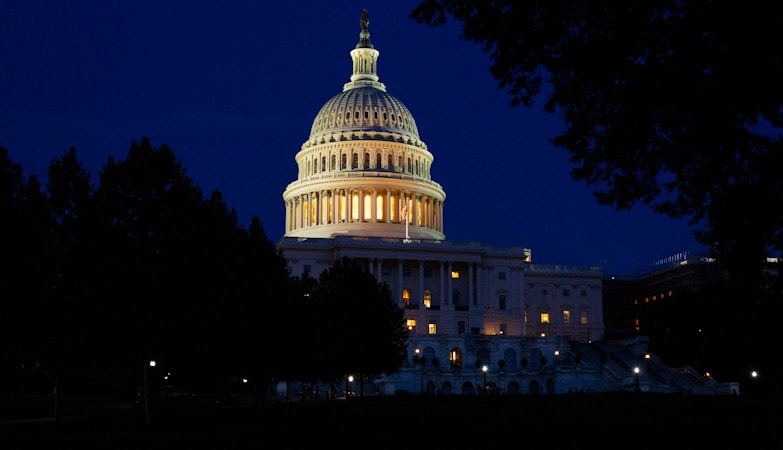Ariana de Vogue and Chandelis Duster of CNN reported that Electoral College voters must not be faithless, which means that they must vote for the candidacy that they are required to vote for. It was a 9-0 ruling. In 2016, 10 of the 538 Presidential electors ended up voting for someone other than their intended candidate. Until 2016, nobody was punished because of changing their vote.
“Today, we consider whether a State may also penalize an elector for breaking his pledge and voting for someone other than the presidential candidate who won his State’s popular vote. We hold that a State may do so,” Justice Elena Kagan wrote.
She then went on and said that the Constitution and both the history of the nation are allowed to enforce their State to enforce their pledges. Steve Vladeck, a CNN Supreme Court analyst and Professor of the University of Texas School of Law stated the only surprise was them all ruling together. In 2016, 3 Presidential electors in Washington State voted for Colin Powell instead of Hillary Clinton, and, in Colorado, Michael Baca tried to vote for John Kasich instead of Hillary Clinton. Kagan walked through a history of the Electoral College and also dropped some contemporaneous pop-culture references in the midst, referring to Hamilton, and, also VEEP.
“Alexander Hamilton secured his place on the Broadway stage—but possibly in the cemetery too—by lobbying Federalists in the House to tip the election to Jefferson, whom he loathed but viewed as less of an existential threat to the republic,” Kagan stated.
Lessig, a founder of the group Equal Citizens is concerned about the potential for a State to enforce laws to bar an elector for voting for someone that has not release their tax returns, but, feels that it is a step in the right direction.
Previously, during the case, Justice John Roberts made the news by continually referencing to Frodo Baggins, the fictional Lord of the Rings character, making many attempts to insert pop-culture references in the case as well.
“The elector who had promised to vote for the winning candidate could suddenly say, you know, I’m going to vote for Frodo Baggins. I really like Frodo Baggins. And you’re saying, under your system, you can’t do anything about that,” Thomas stated
Jason Harrow, who was representing the faithless elector from Colorado retorted saying that he didn’t think that it would matter because Baggins was not a person. To which, Colorado Attorney General Phil Weiser, who was defending the state that removed the elector, stated, in response, that:
“My friends on the other side have failed to offer any viable theory on how to address the spectacle of a bribed elector, an elector who votes for Frodo Baggins, or one who would perpetrate a bait-and-switch on the people of the state,”















